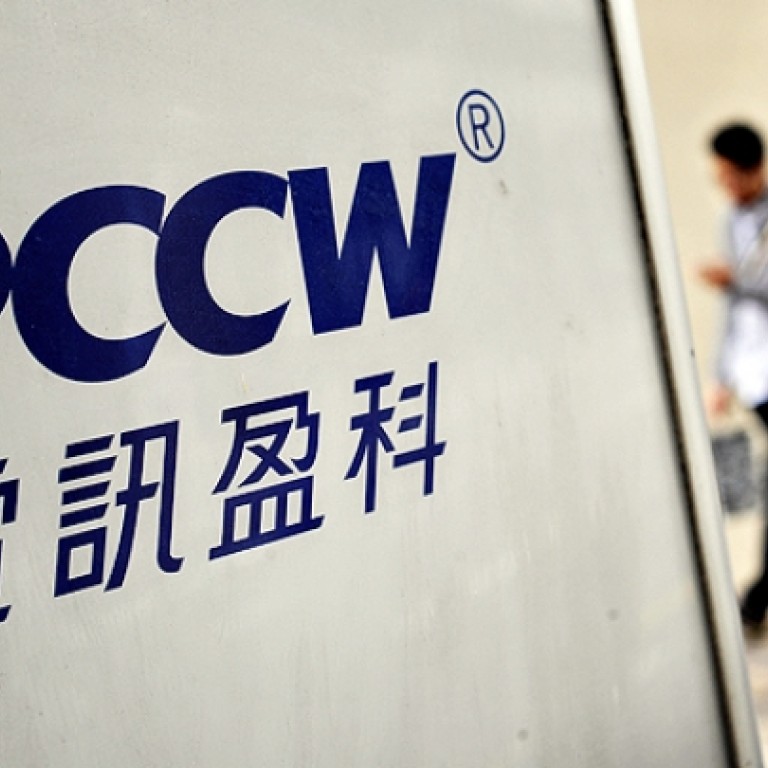
PCCW enabled US intelligence agencies to gain access to data
Carrier operated by Hong Kong telecom provider and Australia's Telstra stored information for the American government
Hong Kong's main telecom provider PCCW enabled US intelligence agencies to gain access to huge volumes of electronic communications for a decade through Asia's largest intercontinental carrier, which it operates with an Australian counterpart.
The involvement of PCCW - owned by Richard Li Tzar-kai, son of Asia's richest man, Li Ka-shing - emerged as Australian media reported yesterday that Australian telecom giant Telstra, together with PCCW, signed an agreement with US authorities requiring Telstra to route all communications that involved a US point of contact through a secure storage facility on US soil.
HKT's US-based operations have an obligation under the terms of their licence to respond to appropriate inquiries made by US law enforcement agencies
The local enterprise said the obligations did not affect Hong Kong customers.
According to the Australian reports, the data stored for the US government includes the content of e-mails, online messages and phone calls. The agreement also makes it incumbent on Reach - the jointly owned telecommunications carrier - not to allow data and communications of interest to be destroyed.
Reach and Telstra were required to "take all reasonable measures" to prevent use of their infrastructure for surveillance by a foreign government, the reports said.
The contract does not authorise the company or law enforcement agencies to undertake actual surveillance. But under the deed, Telstra must preserve and "have the ability to provide in the United States" the following:
- "Wire" or electronic communications involving any customers who make any form of communication with someone in the United States;
- "Transactional data" and "call associated data" relating to such communications;
- "Subscriber information"; and
- "Billing records".
PCCW negotiated with Telstra to launch Reach, which became the largest carrier of intercontinental telecommunications in Asia.
The venture's assets included not just the fibre-optic cables, but also "landing points" and licences around the world.
When Reach sought a cable licence from the US Federal Communications Commission, the US Department of Justice and Federal Bureau of Investigation insisted that the binding agreement be signed by Reach, Telstra and PCCW.
The 2001 contract was prompted by Telstra's decision to expand into Asia by taking control of hundreds of kilometres of undersea telecommunications cables, according to the report.
In 2011, Telstra and PCCW restructured their partnership, giving Telstra control of most of Reach's undersea cables. The restructuring most likely would have triggered a requirement to renegotiate the security deed with the US government.
In an e-mailed response, PCCW, on behalf of HKT, said: "HKT's US-based operations have an obligation under the terms of their licence to respond to appropriate inquiries made by US law enforcement agencies. These obligations do not extend to HKT's non-US-based operations, including our operations in Hong Kong nor our customers in Hong Kong.
"Likewise the Reach security agreement's obligations are focused on US-based customer data and do not extend to HKT's non-US customers," PCCW said.
Reach's Hong Kong office is at Hermes House in Tsim Sha Tsui. The office number could not be reached last night.
Hong Kong's Companies Registry shows that Reach's directors include Larm Kang-fong and Lew Lai-yan.

